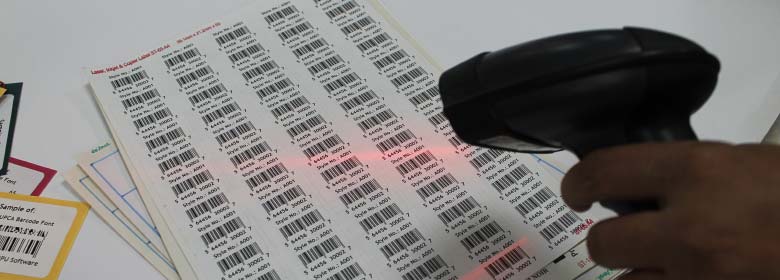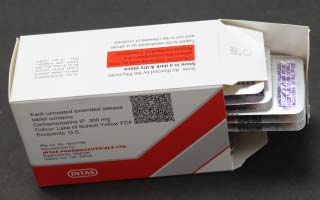Posted By: Techsavvy | Updated On:
Medical Barcode Systems Integrate with Electronic Health Records (EHRs) and other Healthcare IT Systems
Barcode technology can also be used to track medical devices, equipment, and supplies. By applying barcode labels to these items and scanning them as they are used or restocked, healthcare facilities can keep track of inventory levels and ensure that items are used in the proper order.
-
Electronic Health Records:
Medical barcode systems can integrate with electronic health records (EHRs) and other healthcare IT systems in several ways. One common approach is to use a barcode scanner to capture information from a patient's medical record or medication order, which is then automatically entered into the EHR or medication administration record (MAR) system.
-
Healthcare IT Systems:
Barcode Systems can be integrated with medication dispensing systems, such as automated medication cabinets and robotic dispensing systems. These systems use barcodes to verify the identity of the medication being dispensed, ensure that the correct dose is administered, and track medication usage for billing and regulatory compliance purposes.
Overall, the integration of barcode systems with EHRs and other healthcare IT systems helps to improve patient safety, increase efficiency, and reduce the risk of errors in the delivery of medical care.
Medical Barcode Systems Improve Medication Administration
-
Medical barcode systems can help improve medication administration and reduce medication errors by enabling healthcare providers to accurately identify patients and match them with their prescribed medication. The barcode on the medication label contains information about the medication, such as the name, dosage, and expiration date, which can be scanned by a barcode scanner. The barcode scanner then verifies the medication and patient information and matches it to the patient's electronic health record (EHR). This process helps ensure that the right medication is given to the right patient at the right time and reduces the risk of medication errors.
-
In addition to verifying medication and patient information, medical barcode systems can also provide real-time access to patient-specific information, such as medication allergies and drug interactions, to help healthcare providers make informed decisions about medication administration. Barcode systems can also improve inventory management by tracking medication usage and expiration dates, which can help prevent medication waste and reduce costs.

Barcodes Evolving in Healthcare Industry
The use of barcodes in the healthcare industry is continuing to evolve and expand, with new technologies and applications emerging to improve patient safety, streamline workflows, and enhance data accuracy and interoperability. Some of the key trends and developments in healthcare industry barcodes include:
-
Barcodes for Medication Management:
Barcodes are being used to support medication management, with medication barcodes being scanned to confirm the right medication, dose, and patient.
-
Mobile Scanning:
The adoption of mobile devices in healthcare has enabled clinicians to use smart phones and tablets to scan barcodes at the point of care, increasing efficiency and accuracy.
-
2D Barcodes:
2D barcodes, such as QR codes and Data Matrix codes, are becoming more common in healthcare settings due to their ability to store more information in a smaller space.
-
Artificial Intelligence:
The use of artificial intelligence (AI) in healthcare is also impacting barcode technology, with AI algorithms being used to read and interpret barcode data and identify errors or anomalies.
-
RFID:
Radio frequency identification (RFID) technology is being used to complement barcode technology in healthcare, with RFID tags being used to track and manage assets, equipment, and inventory.
-
Electronic Health Records:
The adoption of electronic health records (EHRs) has enabled the integration of barcode data into patient records, improving accuracy and enabling the exchange of health information across different systems.
As healthcare continues to evolve, it is likely that we will see further advancements in barcode technology and its applications in improving patient care and safety.
